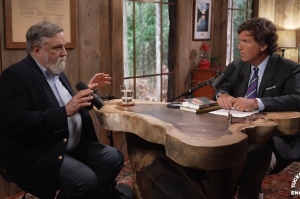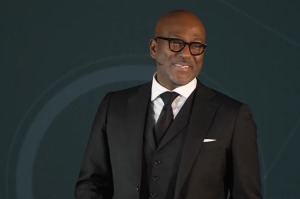Researchers: Broken Hearts Can Kill
Lead Researchers Murray Mittleman M.D. and Elizabeth Mostofsky Sc.D of Beth Israel Deaconess Medical Center have published a study indicating it is possible to die of a broken heart.
The study found that a person’s risk of heart attack increases about 20 times in the first 24 hours of losing someone they love. ABC news reports the study was published in the American Heart Association's journal “Circulation.”
In the study, which found the heart attack risk was eight times above what it should be during week one of sudden grief, 2000 patients were asked about what events they believe may have sparked a heart attack such as losing someone close to them.
The participants had to already have suffered from myocardial infractions or heart attacks within a period of five years.
Mittleman, who is also Associate Professor of Medicine at Harvard Medical School, says the research indicates that a broken heart could then be deadly. Although past research highlighted the affects of a broken heart can hinder physical health, this is the first study which showed how soon the actual decline can occur.
“Some people would say a ‘broken heart’ related to the grief response is what leads to these physiologic changes,” says senior author Murray Mittleman, according to The Patriot Ledger.
“So that emotional sense of the broken heart may actually lead to damage leading to a heart attack and a physical broken heart of a sort.”
“Physicians, patients and families should to be aware of this risk and make sure that someone experiencing grief is getting their physical and medical needs met,” says Mittleman.
Studies have shown that people do suffer from "broken heart syndrome” or takotsubo. Takotsubo is a condition where a heart attack occurs as a result of a sudden stressful event.
The study also points out that although the decline in health after stress is eight times above normal, it is just higher for the first week of bereavement and declines over the course of a month.
Mittleman and Mostofsky think their research shows that people should make sure to get aid when facing grief particularly if they have symptoms of heart attacks or have had a heart attack.
“And if an individual develops symptoms that we’re concerned might reflect the beginnings of heart attack, we really need to take it very seriously and make sure that that patient gets appropriate evaluation and care,” said Mittleman to The Patriot Ledger.




























